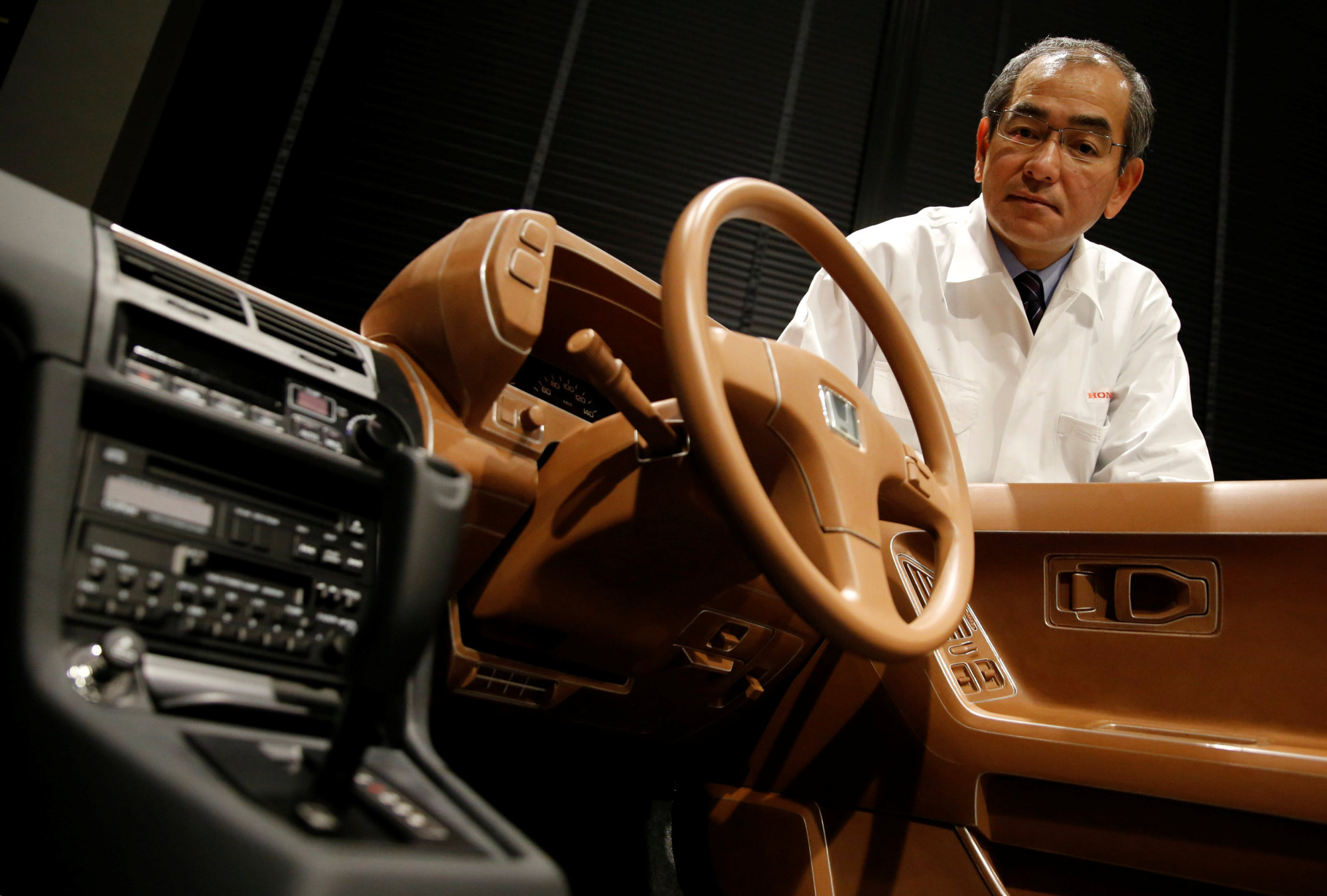The driver punched the air as his red and white McLaren-Honda roared over the finish line. It was in Suzuka, Mie Prefecture, 1988, and Ayrton Senna had just become Formula One world champion for the first time. The McLaren racing team and its engine maker, Honda Motor, were unstoppable that year, their drivers winning all but one of the 16 grand prix races.
Off the track Honda had been tasting success, too. In the 1970s, its engineers had raised the bar for fuel efficiency and cleaner emissions with the CVCC engine. In the 1980s, as its engines were propelling Senna to multiple victories, the Civic and Accord models were redefining the American family sedan. In 1997, Honda became one of the first carmakers to unveil an all-electric battery car, the EV Plus, capable of meeting California's zero emission requirement.
Jump forward almost 30 years from that Senna moment and Honda is flailing. On the racetrack, the Honda-McLaren partnership is in trouble: The team is without a single win this season, and McLaren is losing patience with its engine supplier and speaking of a parting of the ways.



















With your current subscription plan you can comment on stories. However, before writing your first comment, please create a display name in the Profile section of your subscriber account page.